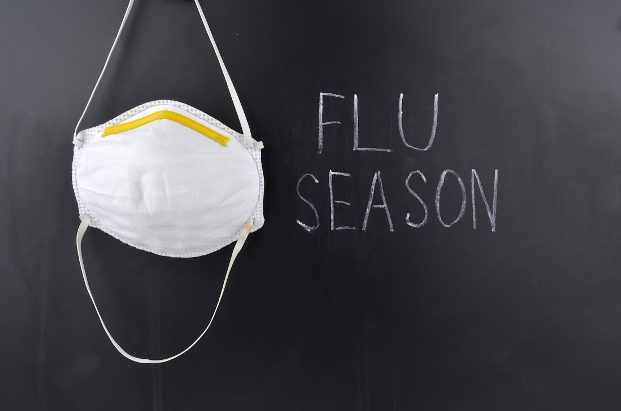Categories
- Bariatric Surgery (11)
- Black Fungus (5)
- Bone Marrow transplant (3)
- Brain Tumor Surgery Navigation Technology (20)
- Cardiac Surgery (66)
- Cardiology (97)
- Computer navigation technology for joint replacements (20)
- Covid Vaccination (17)
- Critical Care (2)
- Dental (19)
- Dermatology (31)
- Dialysis Support Group - “UTSAAH” (11)
- Dietitian (33)
- Emergency Medicine (4)
- Emotional Health (11)
- Endocrinology (33)
- ENT (20)
- Gastroenterology and GI Surgery (53)
- General and Laparoscopic Surgery (21)
- General Surgery (4)
- Gynecology & Obstetrics (183)
- Hematology (20)
- Internal Medicine (294)
- Kidney Transplant (50)
- Kidney Transplantation (20)
- Lung Cancer (8)
- Minimal Invasive Surgery (1)
- Mother & Child (20)
- mucormycosis (5)
- Nephrology (61)
- Neurology (147)
- Neurosurgery (68)
- Nutrition and Dietetics (107)
- Omicron Variant (1)
- Oncology (288)
- Ophthalmology (10)
- Orthopaedics & Joint Replacement (86)
- Paediatrics (59)
- Pediatric Nephrology (3)
- Physiotherapy (5)
- Plastic & Reconstructive Surgery (6)
- Psychiatry and Psychology (90)
- Psychologist (28)
- Pulmonology (72)
- Rheumatology (13)
- Spine Services (21)
- Transradial Angioplasty (16)
- Urology (84)
Query Form
Posted on Apr 19, 2022
Does Wearing a Mask Prevent the Flu?
So far, no research has proven that face masks or respirators can prevent influenza transmission. Both can provide protection upto a certain extent. Sick people can limit the surrounding of germs by wearing face masks. And respirators can prevent inhalation of airborne flu particles when worn properly. Many health organizations have trained people of the importance of regular basic hand washing with warm water and soap. People who have developed the flu were suggested not to step out of home to recover and spread the infections to others around. Then, some people started doing something several of us hadn’t seen before wearing surgical masks. Studies more about whether facemasks can really prevent wide spread of the flu, and which masks are the most suitable and effective.

If you are considering wearing a mask to safe against infections, there are two types you should know about.
Facemasks
Facemasks are fairly loosely fitting, disposable masks approved by the U.S. Food and Drug Administration for use as medical tools. Doctors, dentists, and nurses often wear them while diagnosing patients. These masks prevent from ample quantity of droplets of bodily fluids that may contain viruses from escaping from the infected patients. Face Masks also safeguard against splashes and sprays from others, like as those from sneezes and coughs. The downside is that these masks don’t prevent the inhalation of few, airborne contaminants.
Respirators
Respirators are selected to fit your face. It must form a perfect seal so that no gaps allow airborne viruses in. Healthcare workers use them to safe against airborne infectious diseases such as tuberculosis and anthrax. Unlike regular facemasks, respirators safeguard against both large and few particles. Overall, respirators are considered several effective at preventing the flu virus than regular facemasks. Still, studies have found benefits to both types of masks.



